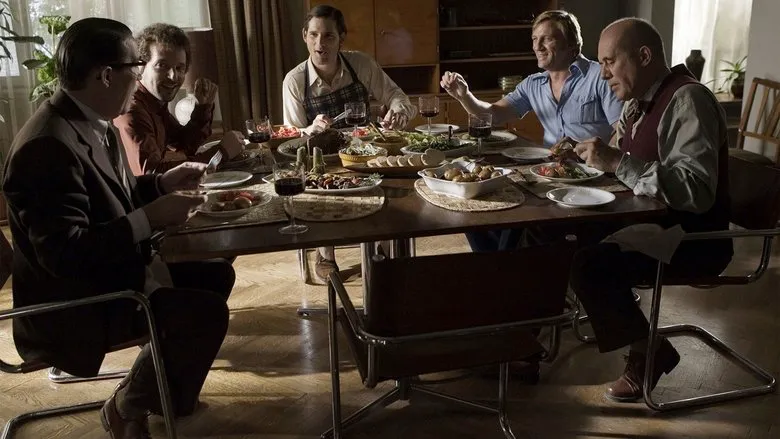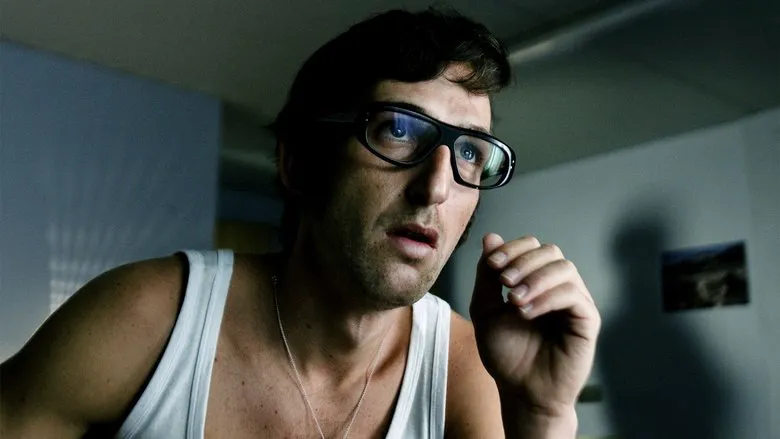While not as widely celebrated as some of Steven Spielberg’s other iconic films, “Munich” holds a special place for its somber and thought-provoking exploration of revenge, morality, and the Israeli-Palestinian conflict. This is not the Spielberg of grand spectacle like “Saving Private Ryan” , whimsical adventure à la “E.T. the Extra-Terrestrial”, warm-hearted drama reminiscent of “Schindler’s List”, or jump-scare thrills as seen in “Jaws”. “Munich” immerses the viewer in a world of “melancholy,” “realism,” “darkness,” and “confusion.”
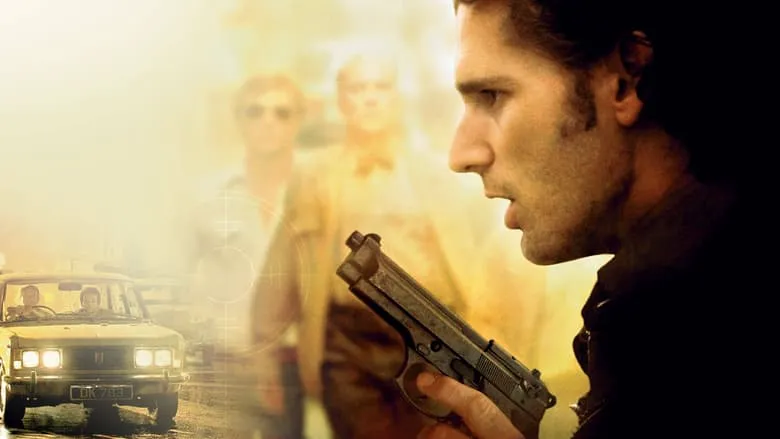
The Story Behind the Retaliation:
Adapted from George Jonas’s book “Vengeance: The True Story of an Israeli Counter-Terrorist Team,” the film unflinchingly portrays the aftermath of the tragic 1972 Munich Olympics, where 11 Israeli athletes were kidnapped and murdered. However, Spielberg’s focus is not on the event itself, but rather on the covert Israeli operation launched in retaliation. The film then takes the audience into a world of political intrigue.
A Gritty, Realistic Aesthetic:
Despite being a story of terror, retribution, guns, bombs, and assassinations, Spielberg opts for a grounded, almost detached approach. The film’s atmosphere echoes the gritty realism of 1970s cinema, drawing comparisons to classics like Coppola’s “The Godfather” and “The Conversation”, Pollack’s “Three Days of the Condor”, Friedkin’s “The French Connection”, and even the British spy thriller, “The Ipcress File”. This stylistic choice not only grounds the film in its historical context but also enhances its sense of authenticity. Cinematographer Janusz Kaminski, a frequent Spielberg collaborator, employs handheld camera work and grainy textures to heighten the sense of immediacy and realism. Beyond the beautiful European backdrops bathed in natural light, “Munich” features numerous scenes set in darkness, particularly rain-soaked nights, lending the film a noir-ish quality that reinforces its somber tone.
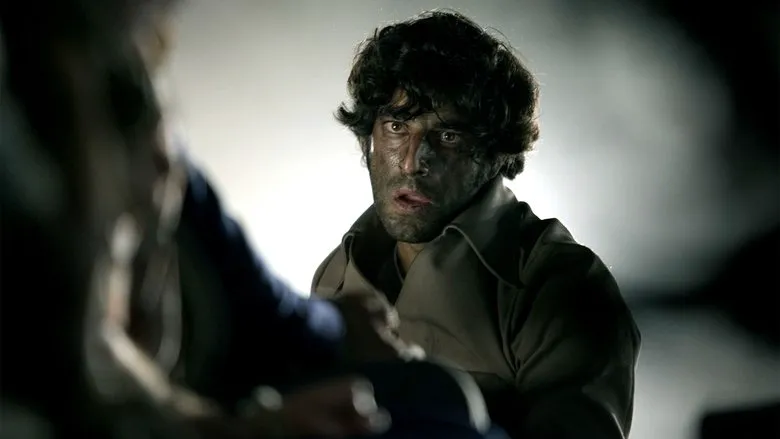
Subtlety in Action and Absurdity in Reality:
Known for high-octane action sequences as demonstrated in his “Indiana Jones” series, Spielberg takes a different route with “Munich.” Rather than relying on elaborate set pieces, he crafts a more understated, even mundane, depiction of espionage. There are no cutting-edge gadgets, superhuman agents, or over-the-top fight scenes. Instead, we see a group of ordinary individuals – university professors, antique dealers, and toy makers – tasked with carrying out a seemingly impossible mission which makes the scenario more palpable. With the financial department advising to keep every receipt for expenditures. This understated approach infuses the film with an absurd sense of realism, reminiscent of John le Carré’s novels. While the assassination scenes are distinct, Spielberg avoids relying on sensational explosions and gun battles. Instead, he emphasizes the underlying tension. In this regard, “Munich” revisits the restrained style of Spielberg’s earlier works, such as “Duel” and “Jaws”.
Juxtaposition and Contrast: The Power of Parallel Editing
“Munich” is distinguished by its effective use of parallel editing to create powerful juxtapositions. For instance, the film alternates between a televised reading of the names of the slain Israeli athletes and the Mossad team compiling a list of their attackers. This intercutting of scenes links victims and perpetrators, highlighting the tragic symmetry of the situation—the number of victims mirrors the number of assigned targets. In another sequence, the protagonist’s paranoid inspection of his home for hidden bombs is juxtaposed with a bomb expert calmly disarming booby traps in a safehouse, the former is consumed by trepidation and the latter dies in an explosion he believed himself safe from. This calculated, even deliberate, approach heightens the film’s emotional impact, amplifying the contradictions, anxieties, and moral complexities at its core. Towards the end of the film, the chaotic airport shootout in Munich, where terrorists murdered hostages, is set alongside the protagonist’s desperate, passionless sex with his wife back home. These scenes highlight despair and a craving for understanding the value of existence.
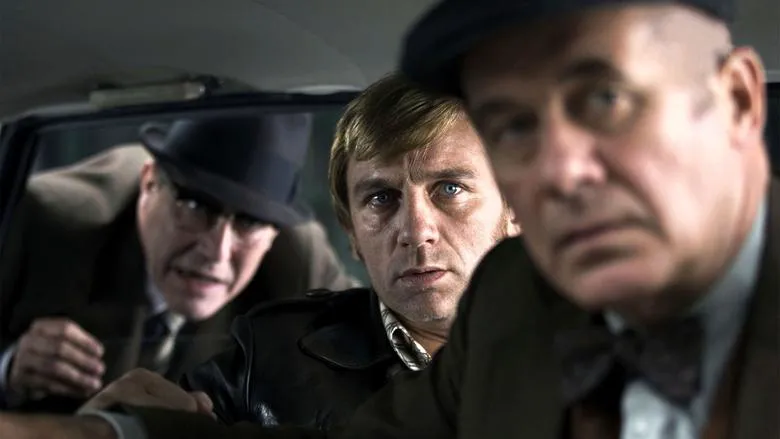
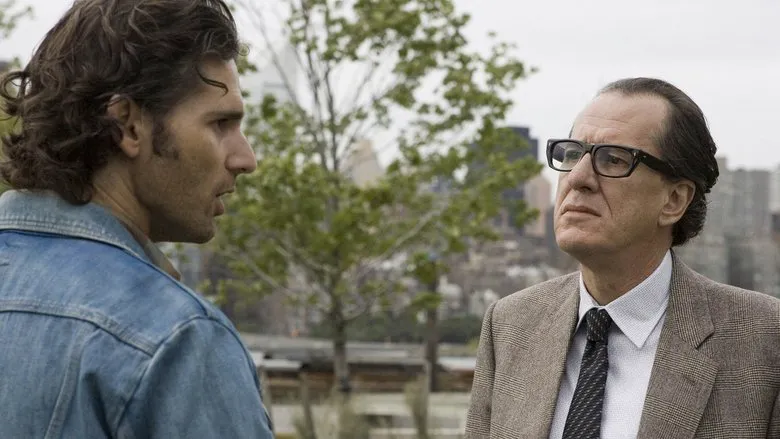
Questioning the Cycle of Violence:
Despite Spielberg’s Jewish heritage, “Munich” avoids simplistic portrayals or overt bias towards Israel. The movie stresses humanitarianism, even at the cost of challenging the protagonist and other characters to question the legitimacy of the operation, the significance of violence, the source of the Israeli-Palestinian conflict, and the human condition in ethnic and theological wars. In one memorable scene, the protagonist finds a quiet moment with a member of the other side to discover the rationale and feelings of the man he is pitted against. The film emphasizes that the conflict goes down to the bone and can be extremely difficult to reconcile.
Limitations of Humanism?:
This examination of the movie, however interesting, runs the risk of oversimplifying the matter. Other movies that delve into the same subject have suffered from the same problem, like “Kingdom of Heaven”, they seem to skim over and never hit the crux of the issue.
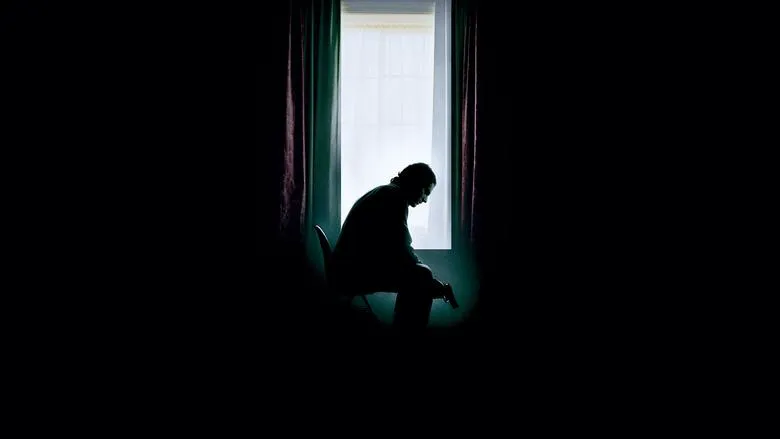
A Haunting Ending: Parallels and Unresolved Tensions
The ending of “Munich” drives home the film’s themes of unresolved conflict and the elusive nature of peace. The final scene invites reflection on division and disharmony, while illustrating human conflict. While empathy alone is not sufficient to resolve every issue, the attempt always carries significance.
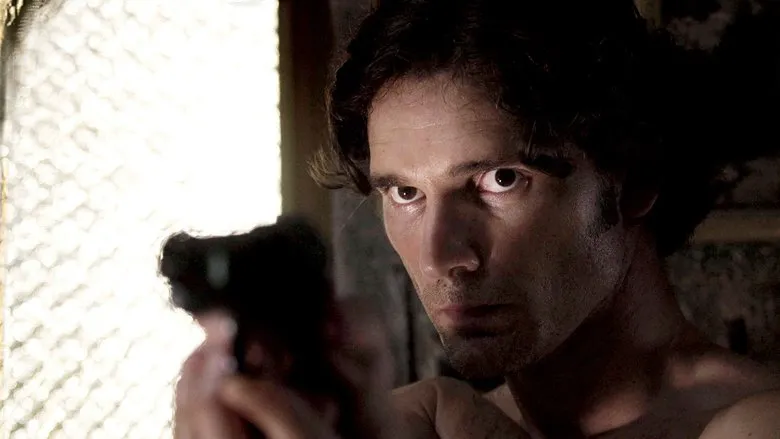
In conclusion, “Munich” is not merely a thriller about vengeance. It is a complex and challenging film that prompts audiences to confront difficult questions about morality, justice, and the enduring human capacity for both violence and empathy. It may not provide easy answers, but its exploration of these themes remains relevant and thought-provoking.